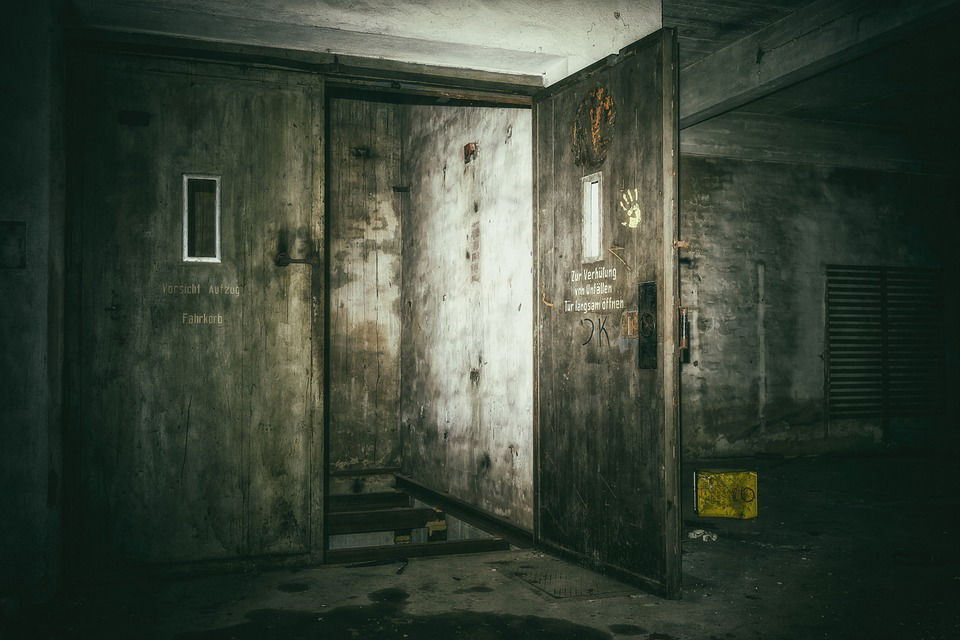Am I Being Shadow Banned?

Whenever you write online, regardless of which platform you happen to be using, you are always going to be subject to at least some level of editorial oversight, so to speak.
It's not necessarily quite like someone actually pulling levers, adjusting knobs, turning up or down the volume or anything like that.
When it comes to online writing platforms it is more about algorithms. Things written into the code that determines what ultimately happens to your post—like how many people may actually get to see it.
It's unlike censorship where someone outright silences you and hides your content from prying eyes. Shadow banning is simply a way of cutting off the ties to your potential audience.
Lately, it is done under the premise of what is supposed misinformation.
The thing to keep in mind about misinformation is that it is not always actual misinformation, but rather something that someone has deemed is misinformation.
We saw this a lot during Covid. Whether it was something you wrote about it, or something you shared about it, if your post was deemed to go against the commonly held idea of what the truth was, your post was fact-checked, labeled potential misinformation, or you were outright banned or shut down.
Take the statement, "Covid originated in a lab in Wuhan, China." That was determined to be misinformation. But of course we eventually learned it was true. Take another statement, "The covid vaccines do not stop the spread of the virus." This was also deemed misinformation but ultimately turned out to be true.
I recently wrote a lengthy opinion piece on HubPages, "Can We Call Trump's Election Claims Lies if We Don't Know the Truth?" A rather long title as well. That post has received virtually no views even though it was considered a "featured" hub and continues to be a featured hub.
Featured hubs are considered quality pieces and pushed ahead of certain others on the various platforms under HubPages' purview. As such, while I don't have a huge audience, I can fairly assess how many people will typically read what I write, and I have not shared the post on my Facebook page, devoted to my writing, yet either.
When it comes to Trump's election claims we can pretty much rightly assume that the consensus among most media outlets is that the election was absolutely above board and without any question, Joe Biden won the presidency.
The problem is that in reality, that is not a fact at all. Because, as I suggested in my opinion piece on HubPages, no one has actually truly investigated what happened. Nonetheless, somewhere in an algorithm my question and the commentary that follows in my piece is likely to blame for the lack of eyes on my post.
I have, in effect, likely been shadow banned. In other words, my post is still published and people can find it if I send them there to read it. But the site itself is hiding it.
Not because what I am saying is untrue. But because someone has determined my statements and questions to be untrue and not worth asking or further exploring the ideas behind it—or the reasons I think that calling Trump's election claims lies is jumping the gun a bit.
Shadow banning, to me, is just as bad as censorship. It's not as defined as censorship wherein no one can see what you have to say. But it is still a level of censorship if only certain people will ever get to see what you have posted.
I can't say for sure that my post is in fact shadow banned, but I can safely assume it based on the current status of my post pre-sharing. Once I do share it, it will also be quite telling of a shadow banned status if suddenly the view counts jump when they were not moving at all before doing it.
I speak often about the importance of the 1st Amendment in the United States' Constitution and about the dangers of speech suppression. As thinking people, we need to have the ability to openly communicate, even when sometimes we say some things that people don't like or outrightly disagree with. Even when we say sometimes nasty things.
All speech is important, has the right to be heard, the right to be debated, and the right to be considered in the larger discussions we have.
Is my post actually shadow banned? I don't know. But it sure seems that way. And like I said, the proof will be in the pudding once I get my shares out there. Not all is lost, of course, because I get to write it about it here and will likely write a piece about it directly on HubPages as well—and perhaps there will be another piece on my Springboard blog on Blogspot as well.
Like the way I write or the things I write about? You can follow all of my writing which I do here and other places on my Facebook page at https://www.facebook.com/jimbauerwrites
i hope you are not bu tit seems like it. Though I never knew such thing could happen on any writers